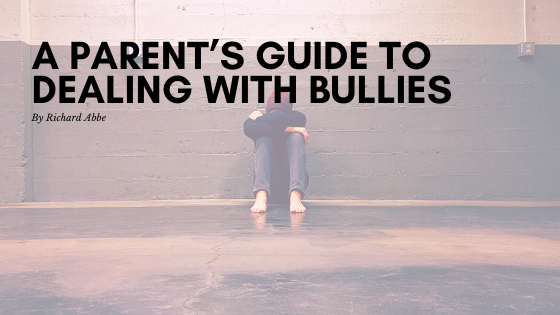Introduction
Bullying is a serious issue that plagues students of all ages. Whether it is physical, verbal, or online, this form of intimidation can have long-term psychological effects on both the victim and perpetrator. For parents concerned about their child’s safety, there are many things you can do to protect your children from bullying, but before you start drawing up strategies to combat bullies at school or on social media, it’s important to understand the different types of bullying that kids face.
What is Bullying?
Bullying occurs when a person’s actions are aggressive and harmful to another person in a situation where the behavior is directed toward a victim, sometimes with the intention of causing the victim to feel afraid or distressed. Although any single act of bullying can be intimidating, many people like to refer to it as “mindless abuse,” explaining that the perpetrator lacks the ability to control their behavior and commit it against others. Because the person fears being ostracized, they may be more likely to sacrifice their own needs and become increasingly dependent on their abuser.
5 Guidelines for Dealing With Bullies
- Encourage your child to report the bullying to an adult
If a child is being bullied, it’s never too late for parents to discuss what happened and why he or she thinks it’s wrong. Don’t let your child wait until the next day to complain; instead, set up a time for a discussion with an adult in mind. Being able to explain how someone can be rude to you or ignore you can get people thinking differently about the situation and prevent them from acting on their impulses.
- Don’t underestimate the severity of bullying
Although some children may not admit to being bullied, watching them act out their insecurities can be an indicator that something is wrong. If you’ve taken your child to a doctor or other health professional, they should be able to help your child know if a bully’s behavior is causing them any long-term problems.
- Don’t make excuses for bullies
Even reasonable explanations of how a child got along with someone may be abusive. Keep in mind that all children are different, and the more you can support your child’s value system, the easier it will be to deal with bullying.
- Show a united front
Children who feel accepted by their parents are more likely to deal with bullies on their own. If you’ve noticed a change in your child’s behavior toward you, don’t hesitate to talk to them about what happened or why they’re angry with you. If your child seems to think their needs are insignificant compared to the bully’s, consider how this may play a part.
- Don’t isolate your child from true friends
By doing this, you can make it difficult for your child to trust adults or even kids for support in dealing with bullies. Rather than shutting down and protecting yourself, you might find it easier to help them develop a support system that is built around them and what they need versus everyone else.

